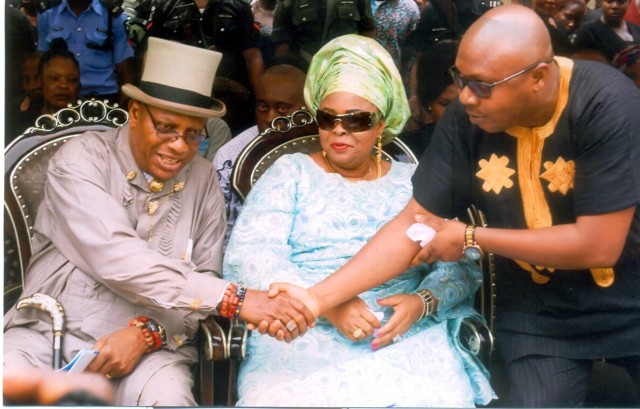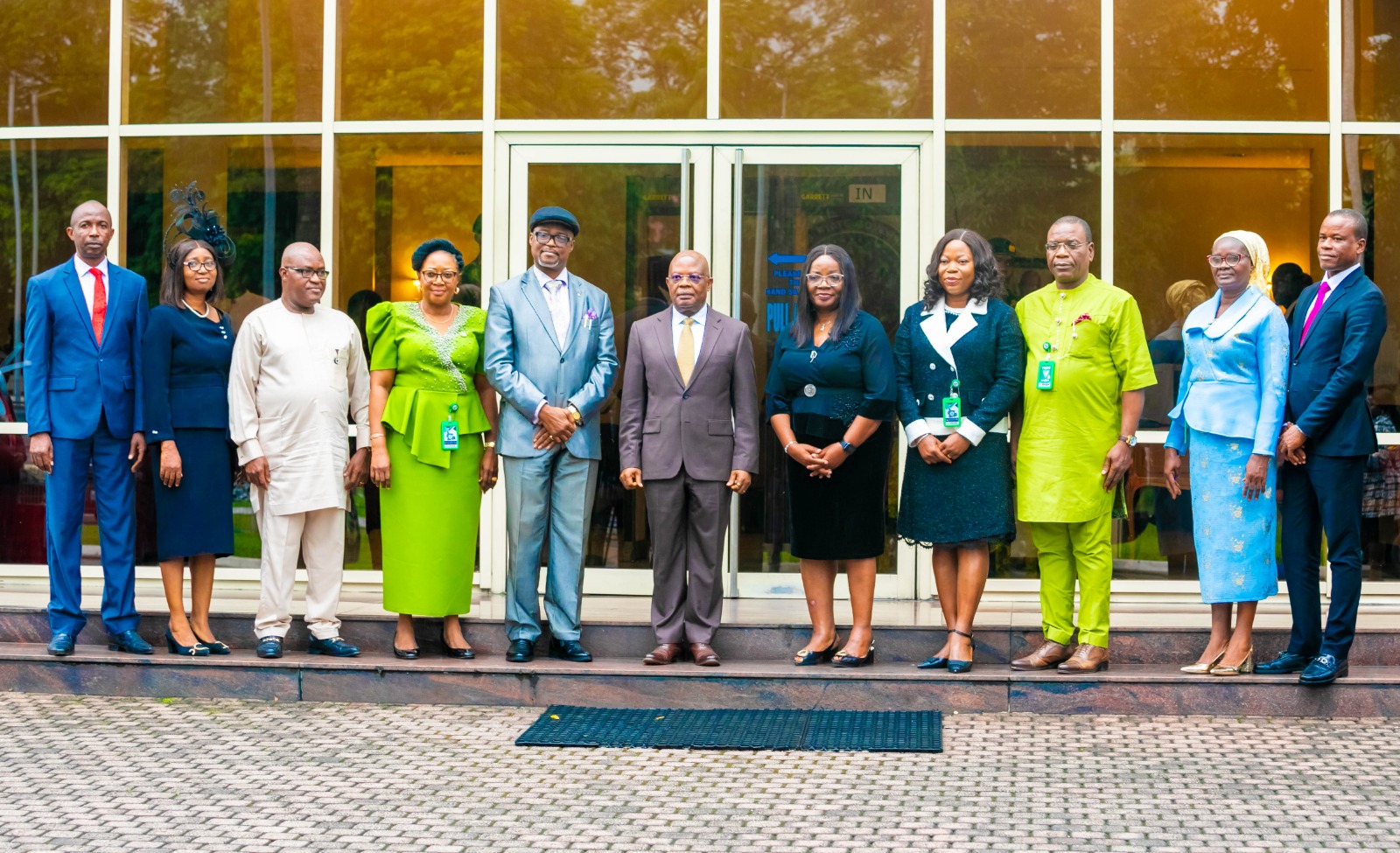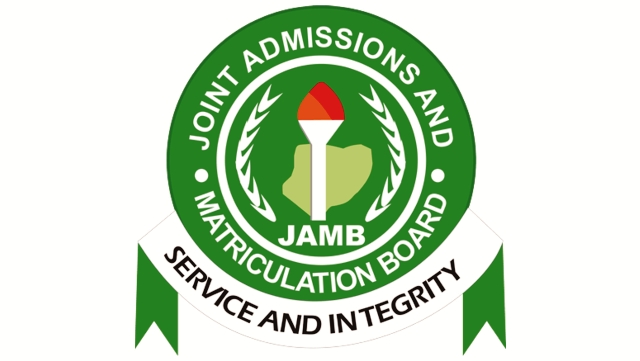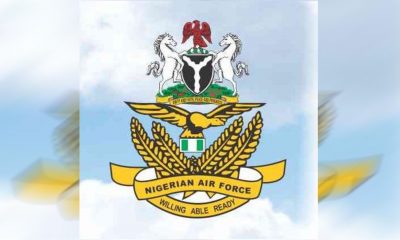Featured
‘INEC Overheating Rivers Polity’

The Rivers State Governor, Chief Nyesom Wike has accused the Independent National Electoral Commission (INEC) of overheating the polity by its actions that do not inspire confidence in stakeholders.
The governor also reaffirmed his statement that security agencies operating in the state were planning to assassinate him.
Speaking on Channels Television Flagship Breakfast Programme, “Sunrise Daily” last Monday, Wike said that several actions of the electoral body connote that it was working for a specific political interest and political party.
He said all his public statements against INEC and the police were backed by incontrovertible facts and intelligence in his possession, adding that aside weak press statements, INEC and the police have failed to deny these weighty allegations.
Wike said that during the March 19, rerun elections in Rivers State, INEC suspended elections in eight local government areas, including Tai Local Government Area, only for the same INEC to wake up four months later to concoct results in favour of the APC.
The governor pointed out that INEC did not list Tai Local Government Area as one of the areas where rerun elections would be held, noting that such action was unbecoming.
The governor said that ahead of the rerun elections, the police were overtly partisan.
He said: “They have assigned Special Anti-Robbery Squad (SARS) personnel to APC candidates, without assigning any to PDP candidates.
“These SARS personnel have been assigned to the APC candidates for them to intimidate PDP supporters on Election Day.
“I have written the Inspector General of Police five letters that the Assistant Commissioner of Police in charge of Operations, Steven Hasso and the Commander of SARS, Akin Fakorede, have threatened to kill me. But the Inspector General has not replied even one letter,” the governor lamented.
The governor further confirmed that the Police High Command has withdrawn 200 out of the 250 policemen posted to Government House, Port Harcourt.
He recalled that before the March 19, rerun elections, he made clear statements on the fact that INEC planned to use APC members as collation officers, stressing that it was proven that majority of the collation officers who ran away from collation centres were card carrying APC members.
He added that there was also the issue of fake result sheets raised by him for the March 19, rerun elections, which INEC vehemently denied, but on March 19, the elections were suspended in 8 LGAs because electoral officers introduced fake result sheets, which were resisted by the people.
He noted that for the December 10, rerun elections, despite the fact that training was still going on, INEC had released a list of ad-hoc staff to conduct the rerun elections dominated by APC members.
Wike said: “There is an agenda against Rivers State. I have to defend my people. I have to protect my people”.
He reiterated his earlier statement that he was in possession of video footages which detail how the Rivers State police commissioner and others plotted to rig the rerun elections.
The governor said that when released at the appropriate time, the video would shock the nation as to the extent the security, INEC and police rigging machine are willing to go to steal the mandate of Rivers people.
“Our own position is that people should be allowed to vote. They are prepared to lose seven states, in as much as they can take Rivers State”, he said.
He said that PDP remains the party of choice in the state because his administration has massively developed the state.
“It is our performance that gives us confidence that we will win. We are always commissioning and flagging off projects. We have made positive impact on our people.
“When I walk on the streets, you see people troop out, very happy. There is no part of this state that I have cited a project. That is what gives me joy.
“My joy is that we are paying salaries up to date. We have paid pension arrears. There is nothing APC will use to campaign against us”.
He noted that Rivers State was one of the most peaceful in the federation where oil exploitation is taking place without vandalism of pipelines.
He stressed that the state government through funding of security logistics and community networking; has ensured the protection of national assets.
The governor said: “We are protecting national assets in Rivers State and there has been no pipeline vandalism in the state. Nobody has commended us. Whatever you achieve supporting the Federal Government, they will never agree”.
Featured
Rivers A Strategic Hub for Nigeria’s Blue Economy -Ibas …Calls For Innovation-Driven Solutions

The Administrator of Rivers State, Vice Admiral (Rtd.) Ibok-Ete Ibas, has emphasized the need for innovation-driven strategies, strategic partnerships, and firm policy implementation to fully harness the vast potential of the blue economy.
Speaking during a courtesy visit by participants of Study Group 7 of the Executive Course 47 from the National Institute for Policy and Strategic Studies (NIPSS) at Government House, Port Harcourt, on Monday, Ibas highlighted the importance of diversifying Nigeria’s economy beyond oil by leveraging maritime resources to create jobs, enhance food security, strengthen climate resilience, and generate sustainable revenue.
The Administrator, according to a statement by his Senior Special Adviser on Media, Hector Igbikiowubo, noted that with coordinated efforts and innovative solutions, the blue economy could serve as a catalyst for inclusive growth, economic stability, and long-term environmental sustainability.
“It is estimated that a fully developed blue economy could generate over $296 million annually for Nigeria, spanning fisheries, shipping and logistics, marine tourism, offshore renewable energy, aquaculture, biotechnology, and coastal infrastructure,” he stated.
“We must transition from extractive practices to regenerative, inclusive, and innovation-driven solutions. This requires political cohesion, intergovernmental collaboration, robust infrastructure, and institutional capacity—all of which must be pursued with urgency and intentionality,” he added.
Ibas urged sub-national governments, particularly coastal states, to domesticate the national blue economy framework and develop tailored strategies that reflect their comparative advantages.
He stressed that such efforts must be guided by disciplined planning, regulation, and investment to maximize the sector’s potential.
Highlighting Rivers State’s pivotal role, the Administrator outlined its strategic advantages as follows:
•Nearly 30% of Nigeria’s total coastline (approximately 853km)
•Over 40% of Nigeria’s crude oil and gas output
•More than 33% of the country’s GDP and foreign exchange earnings
•416 of Nigeria’s 1,201 oil wells, many located in marine environments
•Two of Nigeria’s largest seaports, two oil refineries, and the Nigerian Liquefied Natural Gas (NLNG) terminal in Bonny Island—one of Africa’s most advanced gas facilities
Despite these opportunities, Ibas acknowledged challenges such as pollution, coastal erosion, illegal oil refining, unregulated fishing, inadequate infrastructure, and maritime insecurity.
He reaffirmed his administration’s commitment to institutional reforms, coastal zone management, and inter-agency collaboration to build a governance structure that supports a sustainable blue economy.
“Sustainability must be embedded in our development models from the outset, not as an afterthought. We are actively exploring partnerships in maritime education, aquaculture development, port modernization, and renewable ocean energy. We welcome knowledge-sharing engagements like this to refine our strategies and enhance implementation,” he said.
He urged the NIPSS delegation to ensure their findings translate into actionable recommendations that address the sector’s challenges.
Leader of the delegation, Vice Admiral A.A. Mustapha, explained that the visit aligns with their strategic institutional tour mandate on the 2025 theme: “Blue Economy and Sustainable Development in Nigeria: Issues, Challenges, and Opportunities.”
The group is engaging stakeholders to deepen understanding of policy efforts and institutional roles in advancing sustainable development through the blue economy.
Featured
INEC To Unveil New Party Registration Portal As Applications Hit 129

The Independent National Electoral Commission (INEC) has announced that it has now received a total of 129 applications from associations seeking registration as political parties.
The update was provided during the commission’s regular weekly meeting held in Abuja, yesterday.
According to a statement signed by the National Commissioner and Chairman of the Information and Voter Education Committee, Sam Olumekun, seven new applications were submitted within the past week, adding to the previous number.
“At its regular weekly meeting held today, Thursday 10th July 2025, the commission received a further update on additional requests from associations seeking registration as political parties.
“Since last week, seven more applications have been received, bringing the total number so far to 129. All the requests are being processed,” the commission stated.
The commission revealed the introduction of a new digital platform for political party registration. The platform is part of the Party Financial Reporting and Auditing System and aims to streamline the registration process.
Olumekun disclosed that final testing of the portal would be completed within the next week.
“INEC also plans to release comprehensive guidelines to help associations file their applications using the new system.
“Unlike the manual method used in previous registration, the Commission is introducing a political party registration portal, which is a module in our Party Financial Reporting and Auditing System.
“This will make the process faster and seamless. In the next week, the commission will conclude the final testing of the portal before deployment.
“Thereafter, the next step for associations that meet the requirements to proceed to the application stage will be announced. The commission will also issue guidelines to facilitate the filing of applications using the PFRAS,” the statement added.
In the meantime, the list of new associations that have submitted applications has been made available to the public on INEC’s website and other official platforms.
Featured
Tinubu Signs Four Tax Reform Bills Into Law …Says Nigeria Open For Business

President Bola Tinubu yesterday signed into law four tax reform bills aimed at transforming Nigeria’s fiscal and revenue framework.
The four bills include: the Nigeria Tax Bill, the Nigeria Tax Administration Bill, the Nigeria Revenue Service (Establishment) Bill, and the Joint Revenue Board (Establishment) Bill.
They were passed by the National Assembly after months of consultations with various interest groups and stakeholders.
The ceremony took place at the Presidential Villa, yesterday.
The ceremony was witnessed by the leadership of the National Assembly and some legislators, governors, ministers, and aides of the President.
The presidency had earlier stated that the laws would transform tax administration in the country, increase revenue generation, improve the business environment, and give a boost to domestic and foreign investments.
“When the new tax laws become operational, they are expected to significantly transform tax administration in the country, leading to increased revenue generation, improved business environment, and a boost in domestic and foreign investments,” Special Adviser to the President on Media, Bayo Onanuga said on Wednesday.
Before the signing of the four bills, President Tinubu had earlier yesterday, said the tax reform bills will reset Nigeria’s economic trajectory and simplify its complex fiscal landscape.
Announcing the development via his official X handle, yesterday, the President declared, “In a few hours, I will sign four landmark tax reform bills into law, ushering in a bold new era of economic governance in our country.”
Tinubu made a call to investors and citizens alike, saying, “Let the world know that Nigeria is open for business, and this time, everyone has a fair shot.”
He described the bills as not just technical adjustments but a direct intervention to ease burdens on struggling Nigerians.
“These reforms go beyond streamlining tax codes. They deliver the first major, pro-people tax cuts in a generation, targeted relief for low-income earners, small businesses, and families working hard to make ends meet,” Tinubu wrote.
According to the President, “They will unify our fragmented tax system, eliminate wasteful duplications, cut red tape, restore investor confidence, and entrench transparency and coordination at every level.”
He added that the long-standing burden of Nigeria’s tax structure had unfairly weighed down the vulnerable while enabling inefficiency.
The tax reforms, first introduced in October 2024, were part of Tinubu’s post-subsidy-removal recovery plan, aimed at expanding revenue without stifling productivity.
However, the bills faced turbulence at the National Assembly and amongst some state governors who rejected its passing in 2024.
At the NASS, the bills sparked heated debate, particularly around the revenue-sharing structure, which governors from the North opposed.
They warned that a shift toward derivation-based allocations, especially with VAT, could tilt fiscal balance in favour of southern states with stronger consumption bases.
After prolonged dialogue, the VAT rate remained at 7.5 per cent, and a new exemption was introduced to shield minimum wage earners from personal income tax.
By May 2025, the National Assembly passed the harmonised versions with broad support, driven in part by pressure from economic stakeholders and international observers who welcomed the clarity and efficiency the reforms promised.
In his tweet, Tinubu stressed that this is just the beginning of Nigeria’s tax evolution.
“We are laying the foundation for a tax regime that is fair, transparent, and fit for a modern, ambitious Nigeria.
“A tax regime that rewards enterprise, protects the vulnerable, and mobilises revenue without punishing productivity,” he stated.
He further acknowledged the contributions of the Presidential Fiscal Policy and Tax Reform Committee, the National Assembly, and Nigeria’s subnational governments.
The President added, “We are not just signing tax bills but rewriting the social contract.
“We are not there yet, but we are firmly on the road.”
-
Politics13 hours ago
Alleged Money Laundering: Fayose Has No Case To Answer, Court Tells EFCC
-

 Politics8 hours ago
Politics8 hours agoAtiku Quits PDP, Says Decision Heartbreaking
-
Rivers12 hours ago
CDS Urges Communities To Protect Pipelines
-
Politics14 hours ago
Atiku’s Exit No Problem To PDP – Makinde
-

 News11 hours ago
News11 hours agoShettima, Atiku, Obi Attend Buhari’s Fidau Prayer In Daura
-

 News13 hours ago
News13 hours agoJAMB Uncovers 9,469 Fake Admissions In 20 Tertiary Institutions
-

 News12 hours ago
News12 hours agoNAF Disowns Recruitment Adverts, Says It’s Fake
-
Rivers13 hours ago
Okrika Administrator Seeks To Connect Okujagu Ama To National Grid … Donates 30 Life Jackets To Okujagu Ama Boat Drivers

